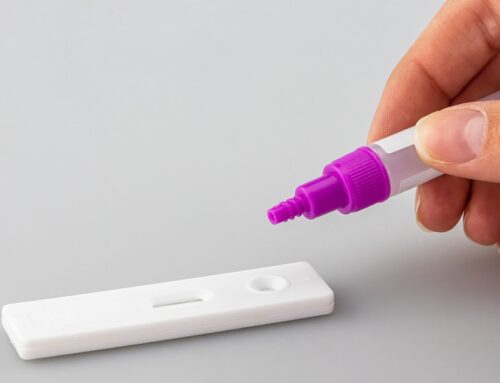If you are considering becoming a sperm donor, there are a few important things you should know. First and foremost, it is important to understand the legal and ethical implications of sperm donation. In most countries, sperm donors are required to undergo thorough medical and psychological screenings to ensure that they are healthy and mentally prepared for the donation process. Additionally, donors may be required to sign a legal contract relinquishing any rights or responsibilities to any resulting children.
In terms of the actual donation process, there are several different options available. Some sperm banks allow donors to donate their sperm in person at a clinic, while others may allow donors to collect and mail in their samples from home. The donation itself typically involves providing a semen sample, either through masturbation or with the help of a special collection device. The sample is then analyzed and processed in a laboratory before being used for insemination.
It is also important to consider the emotional implications of sperm donation. While some donors may feel a sense of pride and fulfillment in helping others conceive, others may struggle with feelings of guilt or uncertainty. It is important to have a support system in place and to seek counseling if needed.
For recipients, choosing a sperm donor can be a daunting task. It is important to consider factors such as the donor’s health history, ethnicity, and education level when making a decision. Many sperm banks also offer the option of choosing a donor based on physical characteristics, such as hair color, eye color, and height.
Ultimately, the decision to become a sperm donor or to use a sperm donor is a personal one that should be made carefully and thoughtfully. It is important to do thorough research and to consult with medical professionals and counselors before proceeding. With the right information and support, sperm donation can be a positive and fulfilling experience for all involved.





